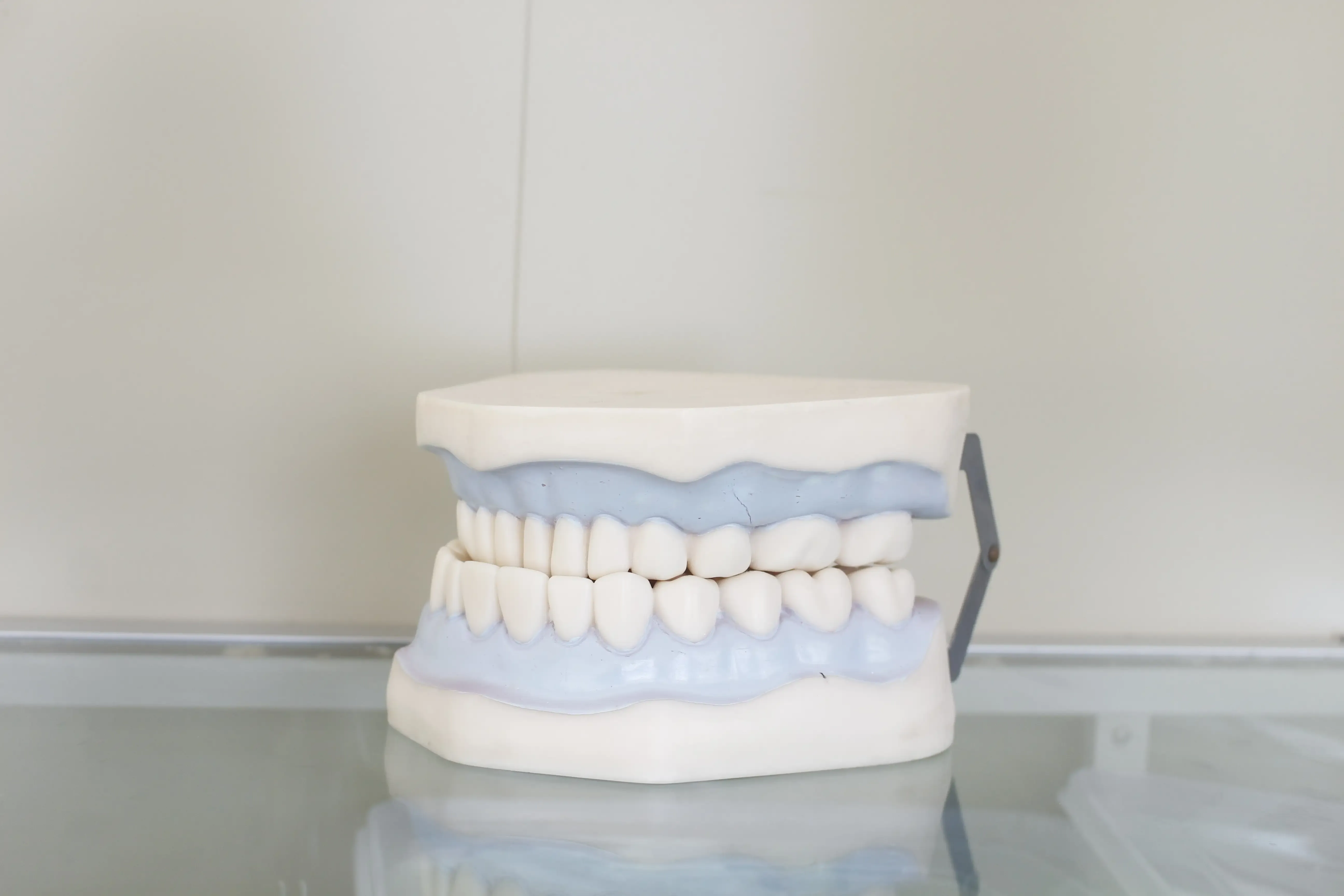Electric Toothbrush Buying Guide
Here is the revised buying guide, with links to trusted sources from health organizations and scientific research.
Brush Head Action
The most significant difference between electric toothbrushes is the way the brush head moves. Scientific studies have shown that both major types of electric toothbrushes are effective at removing plaque and improving oral health.
- Oscillating-Rotating: These brushes have a small, round head that rotates and oscillates at high speeds. These brushes can be very effective at removing plaque by scrubbing each tooth individually.
- Sonic/Vibrating: This technology uses high-speed vibrations to clean teeth and gums. These vibrations create thousands of strokes per minute, generating fluid dynamics that can reach plaque and debris beyond where the bristles touch.
Other Essential Features
Dentists often emphasize that proper technique is as important as the tool itself. These features help you maintain the right form.
- Pressure Sensor: Applying too much force while brushing can lead to gum recession and enamel damage. A pressure sensor provides a warning, either by a light or a change in vibration, to help prevent over-brushing.
- Timer: A built-in timer is a valuable feature that ensures you brush for the full two minutes recommended by dental professionals to effectively remove plaque.
- Cleaning Modes: Many brushes offer different cleaning modes for specialized care, such as for sensitive teeth or whitening. Choosing a brush with modes that address your specific oral health concerns can make your routine more comfortable and effective.
- Battery Life: The length of a single charge can be an important factor, especially for travel. A long-lasting battery means you don't have to carry a charger everywhere you go.
Why You Should Trust Us
Our product analyses are built on a foundation of impartiality and rigorous research. We are not sponsored by any brands, ensuring that our evaluations are objective and focused solely on providing you with accurate information to make an informed decision.
Every product is evaluated against a consistent set of criteria, from performance and features to price and ease of use. This structured analysis, combined with our commitment to using verifiable information, is designed to give you a clear and trustworthy guide.

Final Thoughts
After reviewing these toothbrushes, I've seen that your choice really comes down to a preference for a gentle, sonic vibration or the powerful, oscillating-rotating scrub. While the prices range widely, the most essential features, like a timer and pressure sensor, are available even on affordable models.
For anyone who wants a straightforward, powerful, and affordable option, I'd suggest the Oral-B Pro 1000. It's a reliable workhorse that focuses on the fundamentals to deliver a deep clean. It's a fantastic entry point into the world of electric toothbrushes that you can feel confident in.
However, if you're looking for the ultimate in dental technology and a personalized routine, the Philips Sonicare DiamondClean Smart 9300 is an incredible choice. Its smart features and smooth cleaning action offer a truly premium experience. It's the perfect investment if you want a complete, high-tech solution for your oral hygiene.
FAQs
1. Are expensive electric toothbrushes worth it?
An expensive toothbrush offers more smart features that are more convenient to use. In addition, the high price is also because of its ADA Seal of Acceptance, which shows that you can truly believe in its quality. To sum up, it’s really worth it.
2. Do dentists prefer electric toothbrushes?
Yes, they do. This is because electric toothbrushes work more effectively in removing plaque than manual ones.
3. What are the disadvantages of electric toothbrushes?
It’s high cost and high risk of damage. Of course, electric toothbrushes have a higher price than manual ones because of their smart features, apps, etc. In addition, these toothbrushes are easy to damage if you drop them or fall in the water.
4. How long do electric toothbrushes last?
It depends on various factors. However, in general, manufacturers state that electric toothbrushes can last three to five years.
5. Is it safe to use an electric toothbrush every day?
Yes, dentists recommend using an electric toothbrush every day to maintain good oral hygiene.
















